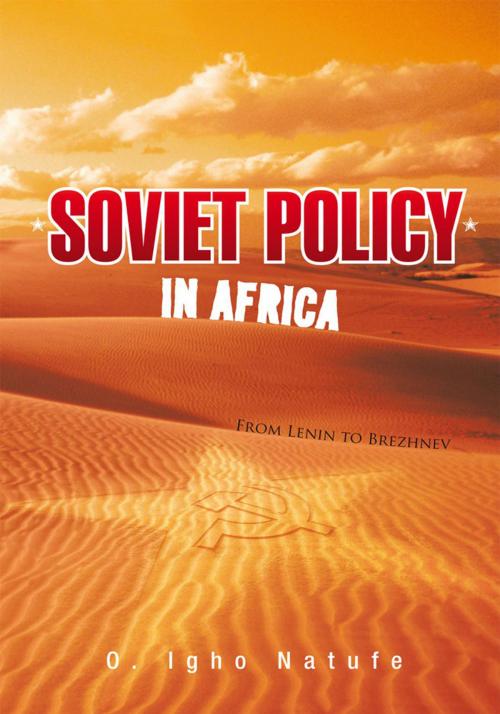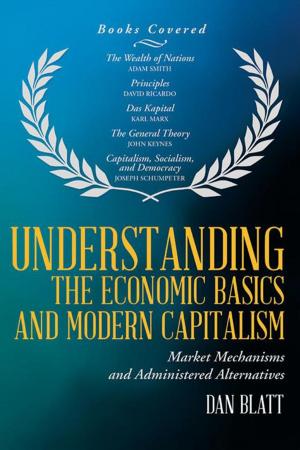Soviet Policy in Africa
From Lenin to Brezhnev
Nonfiction, Social & Cultural Studies, Political Science, Politics, Reference| Author: | O. Igho Natufe | ISBN: | 9781462016488 |
| Publisher: | iUniverse | Publication: | November 8, 2011 |
| Imprint: | iUniverse | Language: | English |
| Author: | O. Igho Natufe |
| ISBN: | 9781462016488 |
| Publisher: | iUniverse |
| Publication: | November 8, 2011 |
| Imprint: | iUniverse |
| Language: | English |
Written by Soviet politics and international relations specialist Igho Natufe, Soviet Policy in Africa offers a critical analysis of Soviet and Western foreign policies that presents a balanced perspective on the understanding and evolution of Soviet ideology and politics.
Using on extensive research, Natufe traces the evolution of Soviet foreign policy from 1917 through 1980, focusing on the ideological constructs of Vladimir Lenin, the founder of the Soviet state, through the contending interpretations of Joseph Stalin, and finally to Nikita Khrushchev and Leonid Brezhnev. He reveals how the Soviets continually used the tenets of Marxism-Leninism for global issues, even though their interpretations sometimes varied between individual leaders.
Natufe also shows how the Soviet government viewed post-1945 Europe as favorable to revolutionary tendencies, particularly in the colonies. Africa became a battleground between Eastern and Western ideologies, and Soviet policies posed opportunities and threats to the continents independence movements. In addition, Natufe discusses China and the West, as well as presenting case studies of Soviet foreign policy.
Scholars and students of international politics will find Soviet Policy in Africa a well-researched, thorough study of this often-overlooked subject.
Written by Soviet politics and international relations specialist Igho Natufe, Soviet Policy in Africa offers a critical analysis of Soviet and Western foreign policies that presents a balanced perspective on the understanding and evolution of Soviet ideology and politics.
Using on extensive research, Natufe traces the evolution of Soviet foreign policy from 1917 through 1980, focusing on the ideological constructs of Vladimir Lenin, the founder of the Soviet state, through the contending interpretations of Joseph Stalin, and finally to Nikita Khrushchev and Leonid Brezhnev. He reveals how the Soviets continually used the tenets of Marxism-Leninism for global issues, even though their interpretations sometimes varied between individual leaders.
Natufe also shows how the Soviet government viewed post-1945 Europe as favorable to revolutionary tendencies, particularly in the colonies. Africa became a battleground between Eastern and Western ideologies, and Soviet policies posed opportunities and threats to the continents independence movements. In addition, Natufe discusses China and the West, as well as presenting case studies of Soviet foreign policy.
Scholars and students of international politics will find Soviet Policy in Africa a well-researched, thorough study of this often-overlooked subject.















